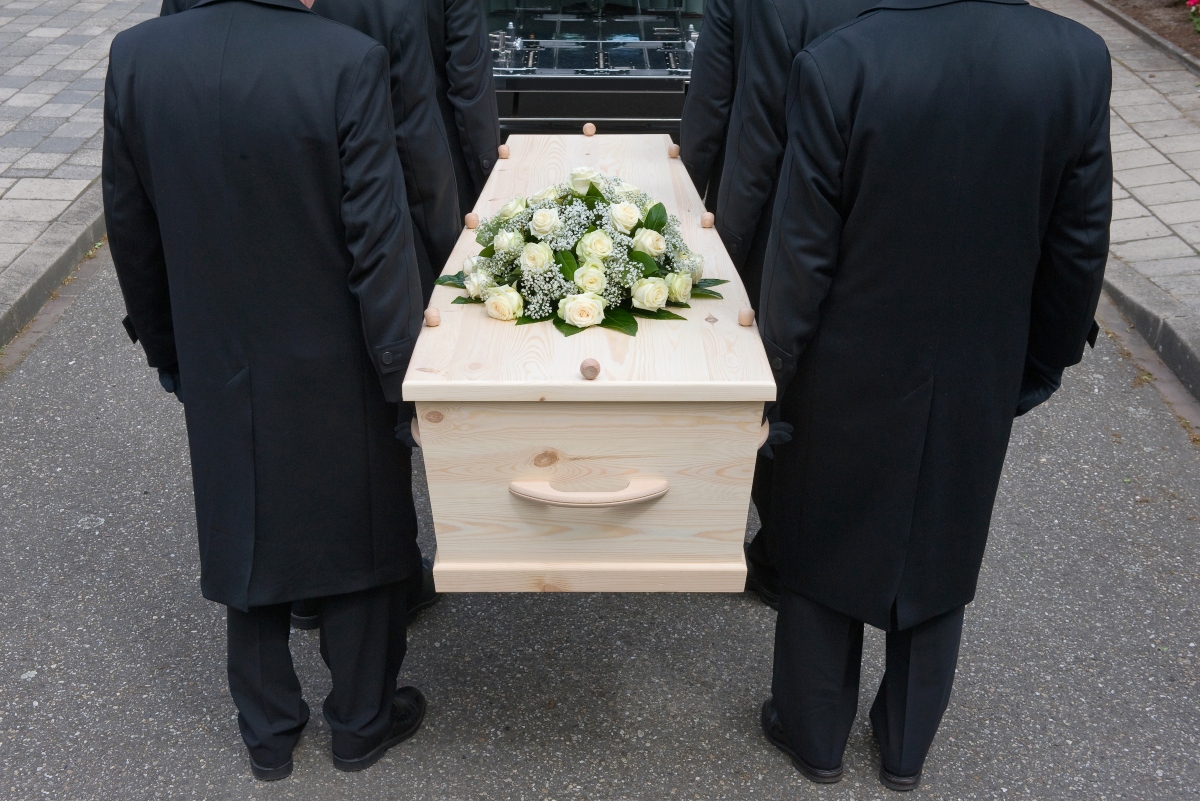In life, nothing is as universal—and certain—as death. It can also be intimate and personal. Every person’s journey toward the ultimate end can vary.
Some will die suddenly, while others will never wake up from their sleep. Then millions will have to deal with a lingering illness that doesn’t have any cure or treatment. The only option is to wait.
Waiting, though, comes with a lot of challenges. Often, the dying will be truly acquainted with physical pain and emotional anguish. Others will try to find meaning, and some will live their lives with questions.
It is in this period that the dying needs support, but then, what do they exactly need? According to the National Institute of Aging, they need help in these four areas:
- Physical comfort
- Mental and emotional needs
- Spiritual issues
- Practical tasks
With these in mind, the patient’s healthcare team, which can include their caregivers, can assist the dying in the following ways:
1. Work with Them on What They Want
Often, both the patient and their team can become too busy with treatment that they might fail to talk about the possible inevitability of death. It can be a problem when the disease rapidly progresses to terminal, and the individual finds themselves actively dying.
They may begin to lose their senses, including their mental acuity. By this time, they may go in and out of consciousness and lose the ability to make sound decisions for themselves.
Talking about death and dying is never the easiest conversation, but it needs to happen at whatever point of the illness. This provides the patient enough time to plan and, most of all, ensure that their wishes are fulfilled until the end.
On the other hand, both the caregivers and healthcare providers can create an effective end-of-life program. Doctors can already discuss with the patient and their carers what to expect if the condition becomes terminal. They can lay out options and make them understand the pros and cons of each.
 2. Minimize the Physical Pain and Discomfort
2. Minimize the Physical Pain and Discomfort
Many dying patients are not really scared of death. Instead, they worry about the process, particularly pain and discomfort. In reality, not all those who died experienced pain. Some happen to slip away without any distress.
However, some diseases make physical discomfort natural. For people with cancer, for example, about 90 percent will eventually deal with pain. About half of them will describe it as severe or intolerable.
Besides pain, the dying will experience other physical changes, such as the loss of bladder control or bowel movement, as well as the inability to eat or swallow. Some will no longer walk or perform even the simplest tasks like sitting up in their beds.
All these scenarios may be difficult to shy away from. But science and compassionate care have also progressed over the years. Patients and carers now can consider palliative care while undergoing treatments and hospice care when already terminally ill.
In the latter, services like home health can provide medical care and support in the patient’s home, where they feel the most comfortable. They don’t just manage pain—they assist in everything else the individual can no longer do.
They may also perform essential services, like physical therapy, occupational therapy, and speech therapy, that will allow the patient to stay functional for as long as they can.
3. Address the Spiritual Needs
Not everyone, including the dying, is spiritual or religious. Others will die without even believing in these things. But many healthcare providers and dying experts consider spiritual needs as one of the important factors that have to be addressed in the dying process.
In fact, Dr. Harold Koenig, in his paper in the Gerontologist, calls this the fourth focus of care. Spirituality, in general, and religion, in particular, can provide patients either a sense of control or the acceptance and peace for losing their sense of freedom and control.
It can help lessen their emotional despair and, in turn, may reduce the feeling of physical pain. If not, they may learn to understand that the discomfort will be temporary. Depending on the religion, their beliefs may teach them to look forward to better things, like being in paradise where illness doesn’t exist.
However, the effect of religion may also be the opposite. Think of patients with strong beliefs in hell and damnation, which can fuel guilt and sadness. Guidance from a spiritual team should be part of a person’s end-of-care plan.
Death and dying is an individual experience, but carers and healthcare providers can assist to make sure it is as pleasant and as comfortable as possible.




